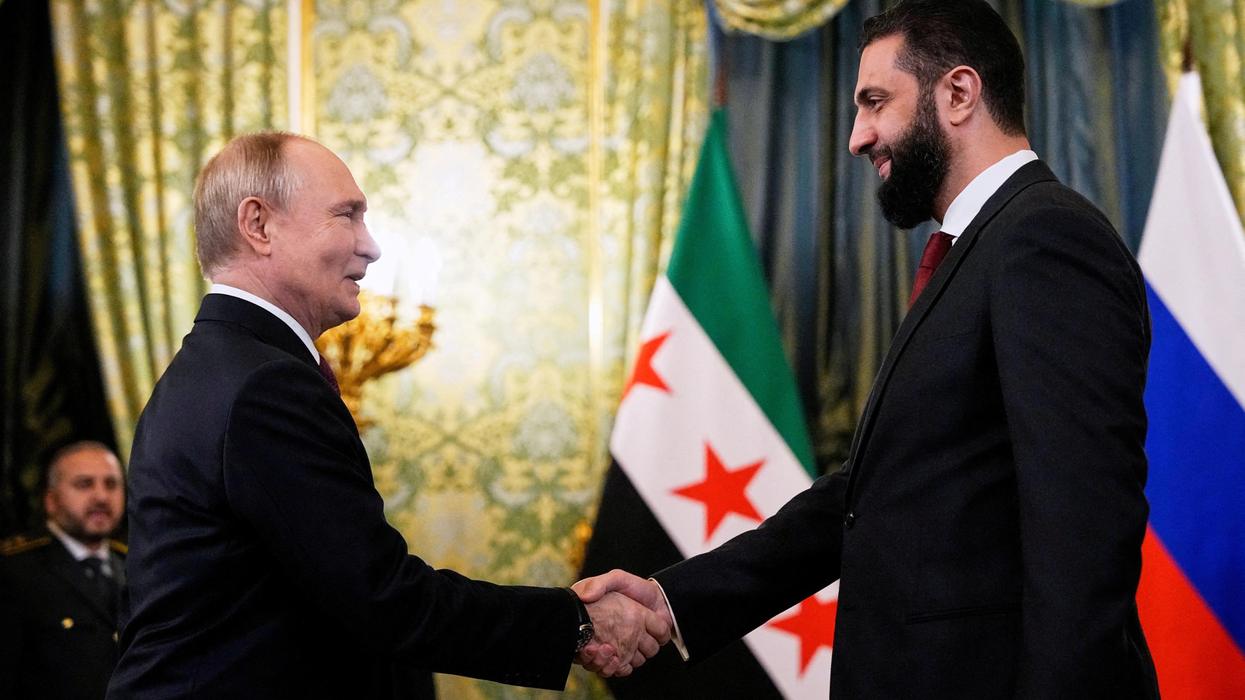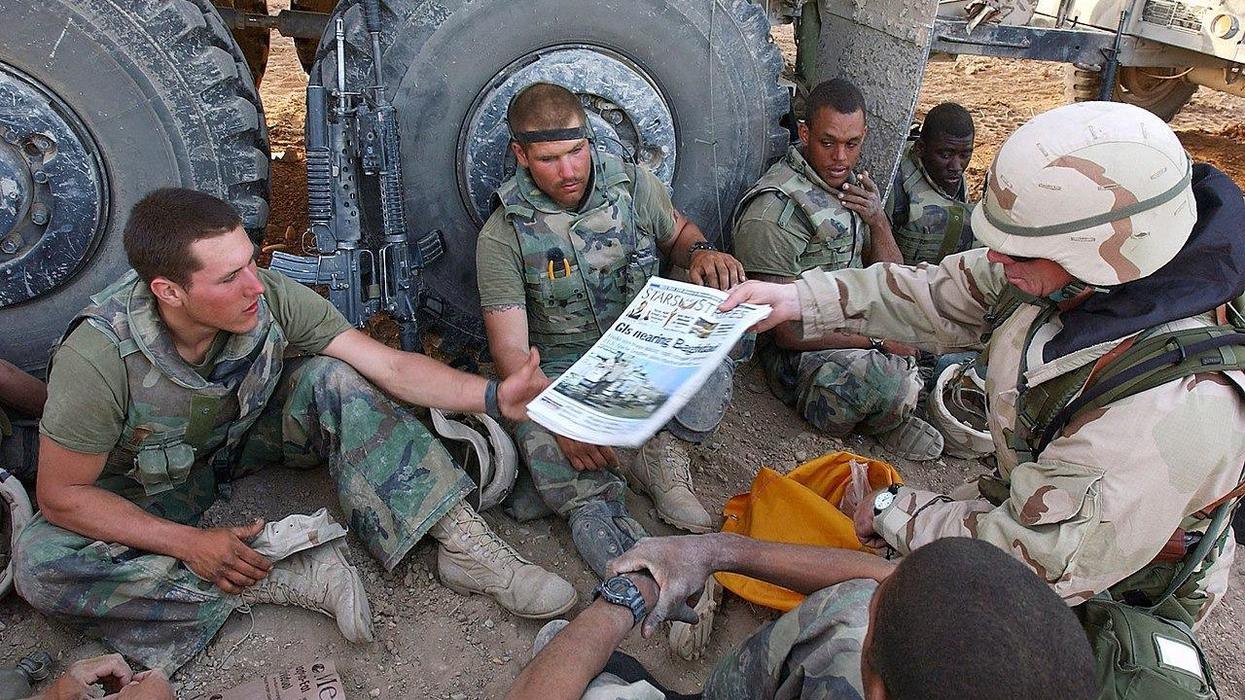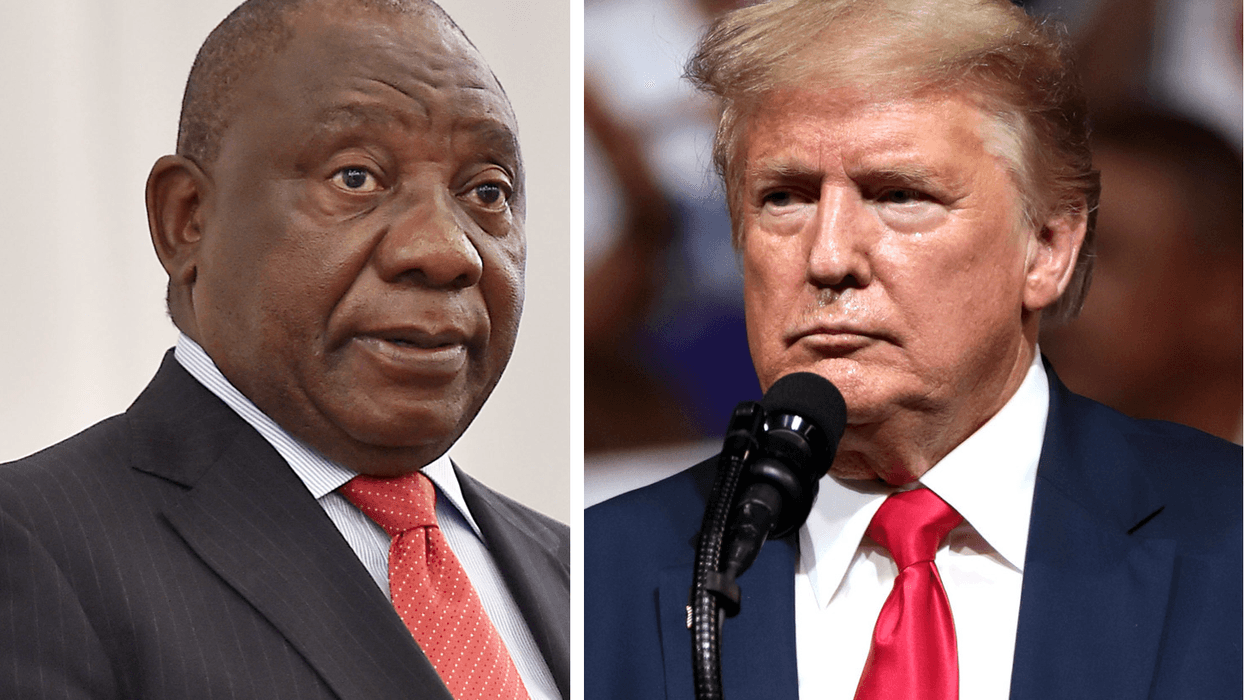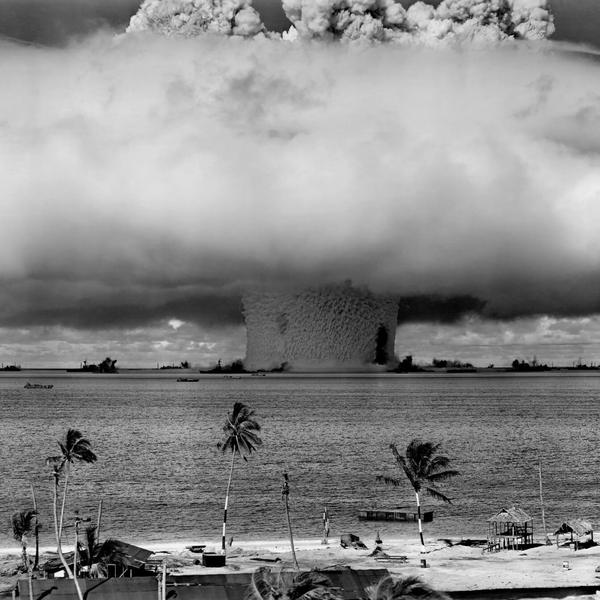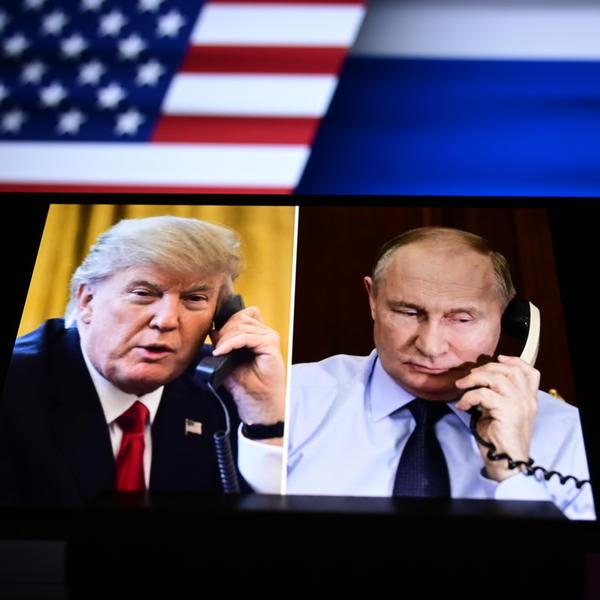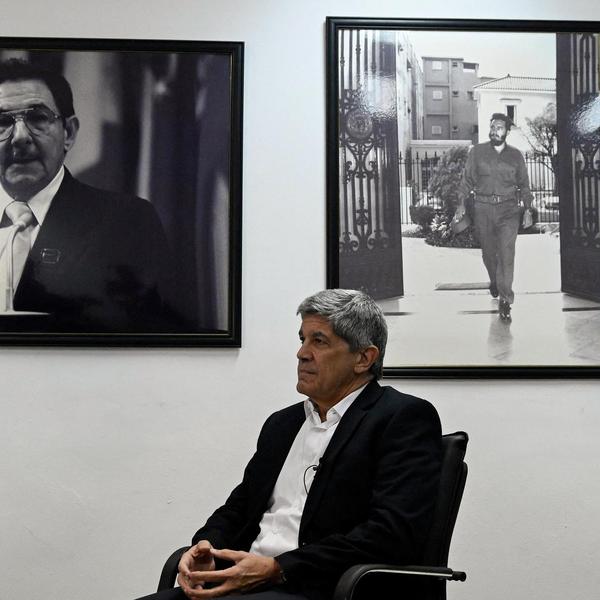You thought that the Chinese surveillance balloon and the three subsequent unexplained aerial platforms U.S. aircraft shot down recently were all about threats to our national sovereignty and security, right?
That’s only superficially so. The real threat in these incidents is the persistent government secrecy that was an accepted (if unacceptable) norm during the Cold War and continues to be insistently practiced by those in power today. The justification — or rationalization — is the alleged “clear and present danger” of so-called Great Power Competition.
Here's just an abbreviated snippet of “dialogue” that took place during the two early-February press briefings the Pentagon held while the Chinese balloon was still aloft over the United States:
Journalist Question: China has said this is just a weather balloon that has veered off course. Why is the Pentagon convinced that this is a surveillance balloon? Can you give us a little bit more on the status of the balloon?
Pentagon Press Secretary Response: The fact is we know that it's a surveillance balloon, and I'm not going to be able to be more specific than that. . . . In terms of specific locations, I'm not going to be able to go into specific locations, again, other than to say it's moving eastward at this time.
Journalist: Who is controlling this balloon right now?
Pentagon: Again, we know that this is a Chinese balloon, but beyond that, I'm not going to have specifics.
Journalist: Once it's over a body of water, will you shoot it down?
Pentagon: Again, right now, we're monitoring the situation closely, reviewing options, but beyond that, I'm not going to have any additional information.
Set aside any doubts about how common such exchanges are. They’re the absolute norm in the perpetual mating ritual that goes on between those in power and the press — the public’s eyes and ears. Consider any controversial episode involving government: atrocity, corruption, friendly fire incidents, compromises of classified material, sexual assault, toxic leadership. Is the issue important in its own right?
Yes. Is it important enough the public should know about it? Yes. Should government be held accountable for dealing with the incident? Yes. If not for the press, would the public ordinarily have access to information on the issue? No. If not for the press, would government ordinarily inform the public of the incident? No.
America’s Founders believed that all human beings possess natural rights, including but not limited to life, liberty, and the pursuit of happiness; and that governments, based on the consent of the governed, are formed to secure and preserve these rights. Arguably or inarguably, the natural rights the Founders didn’t specify included the right to know what government is doing, presumably on our behalf, so we can provide our informed consent.
In the balloon and UFO cases, as with all controversial issues, especially those branded national security matters, there are always two possibilities. For one, government, ostensibly representing and serving the American people, actually knows something the people — and the press acting on their behalf — don’t know but want and need to know. Government won’t provide information for fear, it claims, of compromising the sources of its information or the methods used to obtain it.
The other possibility is the government refuses to release information by arguing that it is protecting sources and methods, when the reality is that it is concealing its own shortcomings and failures, as well as its desire to avoid scrutiny and criticism.
Whichever the case, the question that commands our attention is whether the security and secrecy practices the United States adopted during the Cold War were consistent with America’s espoused values; and more to the point today, whether the current embrace of “Great Power Competition” legitimately warrants comparable practices in the face of “clear and present dangers” yet to be demonstrated.
It is self-evident that a critical free press is central to effectively functioning representative democracy, especially one that claims great-power status. Being strategic is, in important measure, about effectively exercising power that, in turn, is dependent on social cohesion and national unity born of an informed citizenry. That is why government, the press, and the people are tied to one another by a tacit, binding social contract of mutual rights, obligations, and expectations. Now, more than ever in recent memory, awash as we are in divisive misinformation and disinformation, it is crucially important that we revisit the rights and obligations of this uneasy alliance.
Government has one singular right: to govern — within the bounds of popular consent. It has several obligations: to secure and preserve the rights of the people; to govern well (effectively, efficiently, responsibly, and responsively); to be accountable to the people and the Constitution; to be lawful (and ethical); and to educate the people so that they can be civically responsible.
The people in turn have several rights: to know, to provide or withhold their consent and dissent, and to maintain their privacy. Their associated obligations are to be knowledgeable of public affairs, to be vigilant, to respect the rights of others, and to be civically responsible.
The press, in mediating between government and the people — holding government accountable and enabling the people to exercise informed consent and dissent — has two basic rights: to investigate and to report. Its obligations, accordingly, are to investigate rigorously, to report accurately, to respect the people’s rights, and to act in the public interest.
Recent polls suggest that a majority of Americans believe a so-called “deep state” definitely or probably exists. Yet when queried about their confidence in society’s institutions, Americans invariably rank the military at or near the top, while rating the news media near the bottom, only slightly ahead of Congress.
We could say that the public think so highly of the military because they “know” what the military is doing and how well it is doing it. Or we could say the opposite: that the military’s public standing derives from bureaucratically engineered public ignorance born of secrecy. Similarly, we could say that the press is so poorly thought of because the public knows the press is doing its job and exposing painful truths. Or we could say that the press is seen to have forsaken its duties in favor of biased advocacy, profit-driven “gotcha” reporting, and incestuous government co-optation.
Irony of ironies, as the United States gropes its way into a postmodern, post-post-Cold War, Space Age future, we look to the pre-modern era of our Founders for guidance. Jefferson, in idealistic moments when he himself wasn’t under attack by the press, regularly extolled the virtues of a free press and a virtuous, informed citizenry. What we must never cease demanding today is a rejection of ossified Cold War thinking and a recommitment to the transparency so essential to a democratic-principle-based strategic posture.


